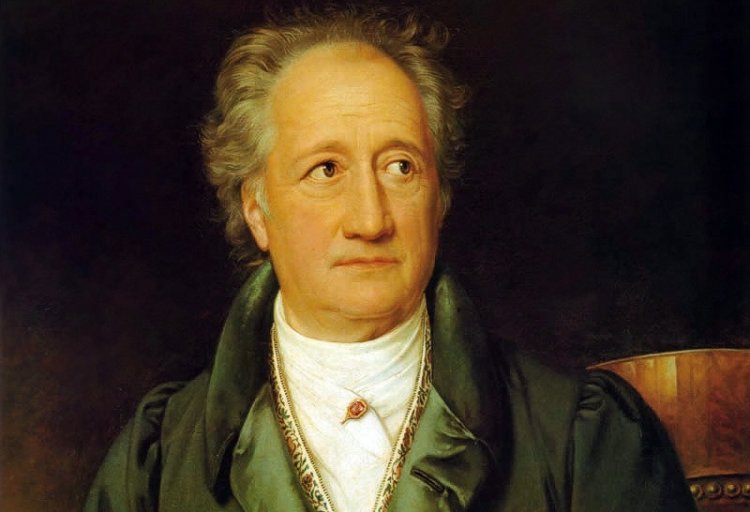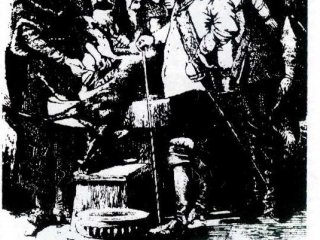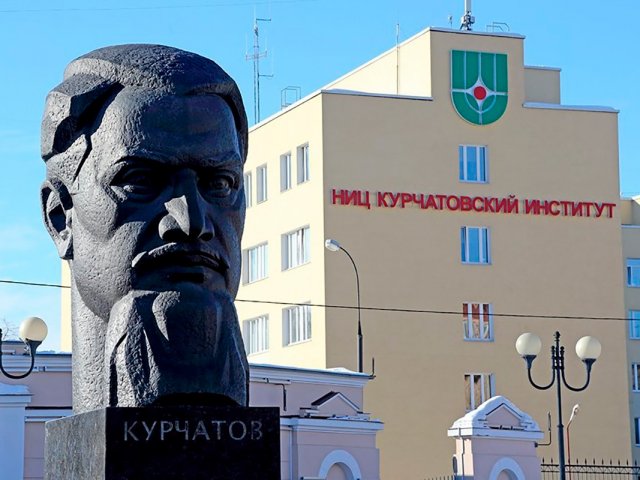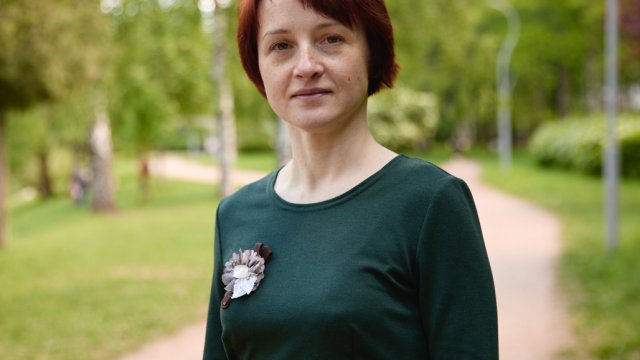
“A useless life is an early death,” Johann Wolfgang von Goethe said. The German classical scholar had a life far from useless. He was born in the glorious city of Frankfurt am Main into a family of an imperial councilor and a daughter of a Frankfurt elder. With such background, the life path should have taken the young Goethe anywhere but poetry. He went to Leipzig to study law.
In his leisure time, he wrote poems. At the age of twenty, Goethe published his first book of poems, titled New Songs. The title was symbolic, as all the songs, that is Goethe’s works, were new. There were many — poetry, prose, and drama. And, of course, everyone knows about Goethe’s Faust. Even those who mix up Goethe’s character with that of Bulgakov.
Lucky fate, recognition in his lifetime... But Goethe dreamed of remaining in history as a scientist — a thinker, a philosopher, and a naturalist. And he remained a part of history. Although his experiments in physics and acoustics gained no acceptance and he failed to disprove Newton, he made significant advances in biology. Goethe discovered a premaxillary bone in animals and humans, which was then named after him. The iron oxide and the university in his native city of Frankfurt am Main were also named after Goethe.
A poet, a scholar... And a statesman. For many years, Johann Wolfgang von Goethe was a counselor and a minister for the Duke of Weimar. In this capacity, he attended the Congress of Erfurt and had a conversation with Napoleon about literature. Napoleon was very respectful of the classical scholar and pronounced his name à la française, hence it sounded “Gott,” meaning “God” in German. Friedrich Engels named Goethe the greatest German. According to the latest surveys, Germans concur with Engels.
























